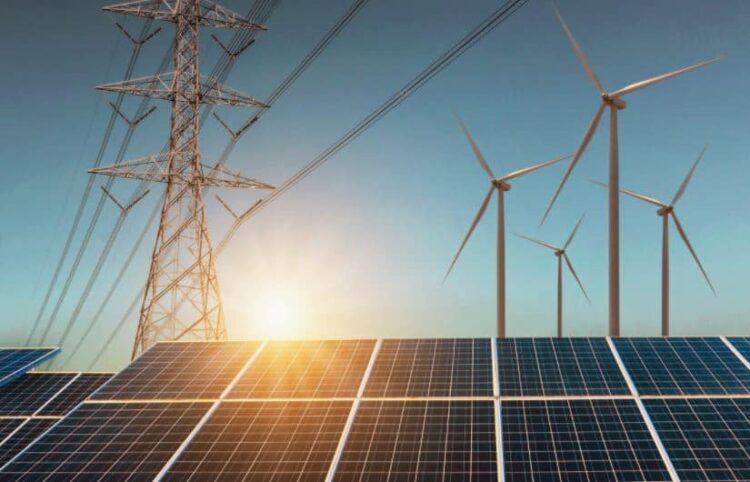Feds to Introduce Tax Credit for Investments in Nuclear Technology

Authors: Jodi Wildeman, K.C., Bennet Misskey
The federal government will introduce refundable tax credits of up to 30% for investments in clean technology – including small modular nuclear reactors (SMRs) – beginning next year.
On November 3, the government released its fall economic statement, making good on a promise introduced in the federal budget to create a new refundable tax credit for investments in clean technology starting in 2023. The credit will apply to investments in:
- electricity generation systems, including SMRs, solar photovoltaic, wind and water systems;
- stationary electricity storage systems that do not use fossil fuels;
- low-carbon heating equipment; and
- industrial zero-emission vehicles, as well as the related charging and fuelling stations.
Credits Range from 20 – 30%
The tax credit, which becomes available on the date of next year’s federal budget, will cover up to 30% of capital costs for investments in clean technology. The credit is subject to a phase-out beginning in 2032 and will remain available until the end of 2034. Property that becomes available for use after 2034 will not be eligible for the tax credit.
The credit will range from 20 – 30% depending on the labour conditions of the company making the investment. To be eligible for the maximum credit, companies must pay prevailing wages based on local market conditions and offer apprenticeship opportunities. Companies that do not meet these conditions will still be eligible for a 20% tax credit.
The government also said it would consult on whether the tax credit should be made available to other clean technologies such as large-scale nuclear and large-scale hydroelectric systems.
“A Major Step Forward”
News of the tax credit was welcomed by the Canadian Nuclear Association (CNA), which said the announcement was a “clear signal” that the government considers nuclear power to be a clean technology on par with renewables and other low-carbon tech.
“Including nuclear in the investment tax credit for clean energy technologies is a major step forward for the industry and great news for our climate and economy,” said CNA president and CEO John Gorman. He added that nuclear energy will serve as a “key part of Canada’s strategy to maintain energy security while reducing emissions on the path to net zero.”
As we discussed in a previous blog, Canada is uniquely positioned to become a global leader in SMRs. Natural Resources Canada and various provinces, territories and power utilities have shown growing interest in nuclear power.
The Canada Infrastructure Bank recently invested $970 million to build Canada’s first SMR in Ontario – another positive indication for investments in nuclear power. Once completed, the Darlington New Nuclear Project in Clarington, Ont., will generate 300 megawatts of electricity – enough to power 300,000 homes.
We’ll await further details from the federal government on the eligibility requirements and conditions attached to the tax credit for investments in clean technologies. In the meantime, if you have questions about how this tax credit could affect your organization, the lawyers in our Energy practice group would be happy to assist you. Contact us to learn more.
Note: This article is of a general nature only and is not exhaustive of all possible legal rights or remedies. In addition, laws may change over time and should be interpreted only in the context of particular circumstances such that these materials are not intended to be relied upon or taken as legal advice or opinion. Readers should consult a legal professional for specific advice in any particular situation.



